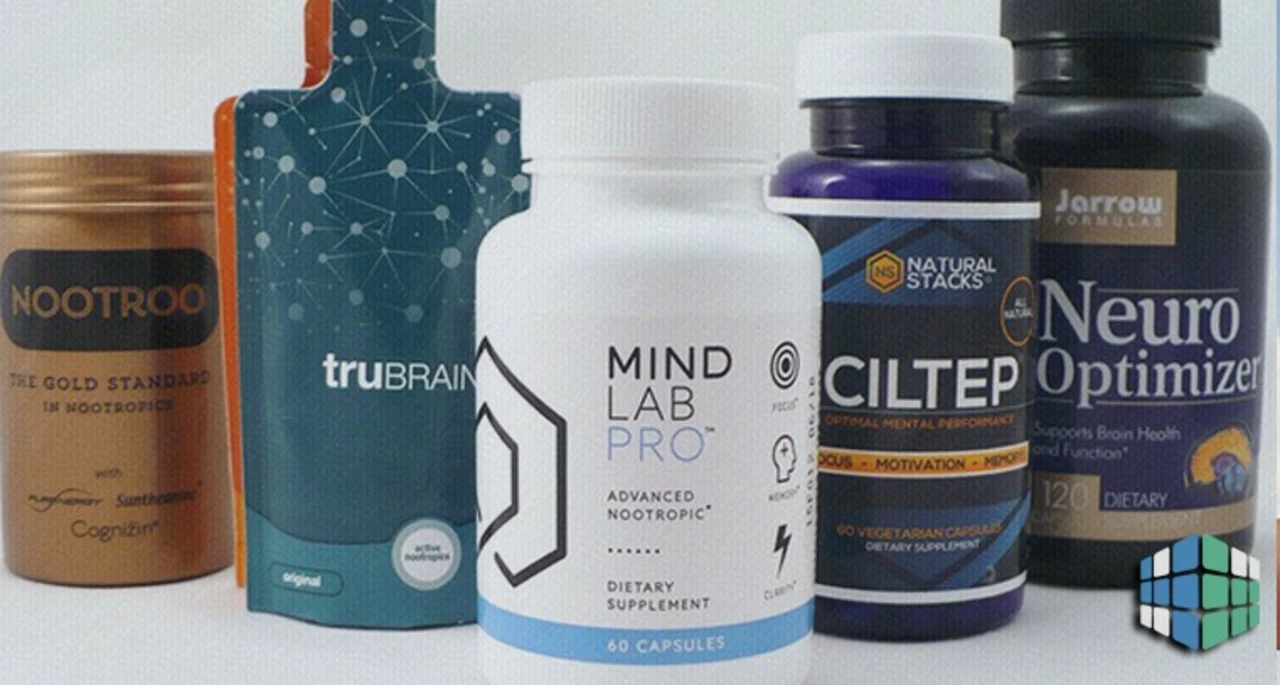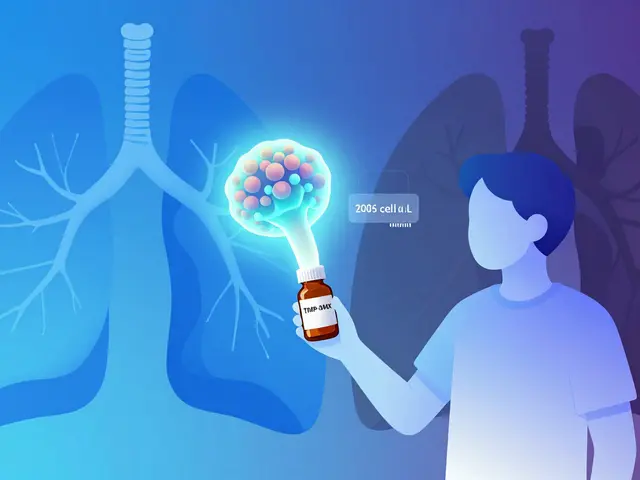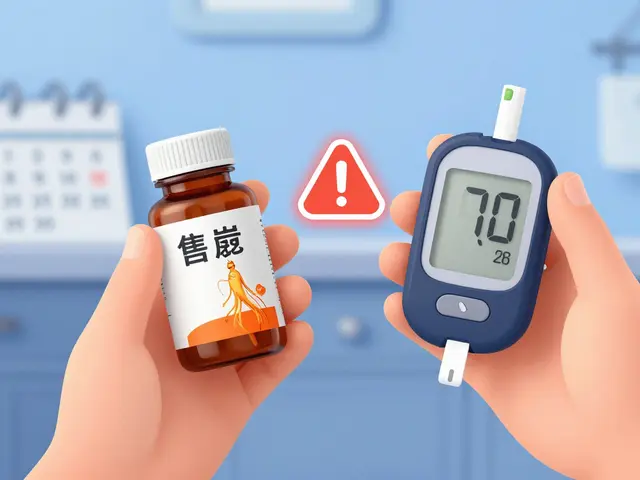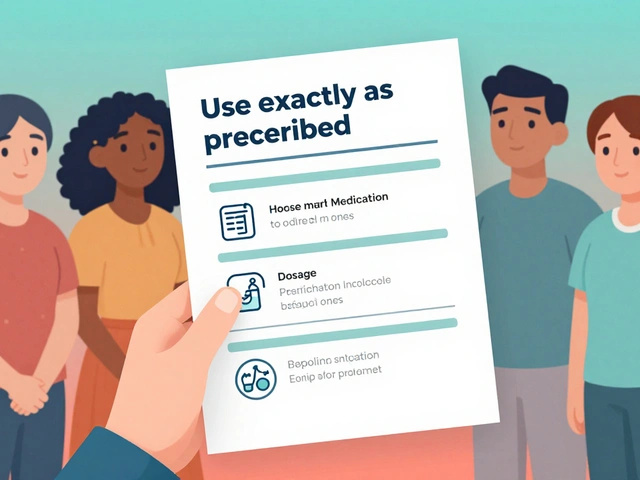How and Where to Buy Norvasc Online: Safe Options in 2025
July 9 2025Ascorbigen: What it is and how to get it from food
Heard the word ascorbigen and wondered if it’s some rare supplement? It’s not. Ascorbigen is a natural compound that forms in cruciferous vegetables (think broccoli, cabbage, kale) when certain plant chemicals meet vitamin C. Scientists are curious because lab studies show it can affect how cells process hormones and toxins, but the big idea for most people is simple: eat your veggies.
What exactly is ascorbigen?
Ascorbigen is an indole-type phytochemical created when glucobrassicin, a compound in brassica vegetables, breaks down and reacts with vitamin C. That makes it more of a food-born product than a single extract you’d buy. You’ll find it in fresh, lightly prepared crucifers rather than in processed foods.
In test tubes and animals, ascorbigen has shown antioxidant effects and influence on enzymes that handle hormones and detoxification. That doesn’t mean it’s a cure or treatment. Most human research is limited, so think of it as one of several useful plant compounds that help explain why vegetables are linked to better health.
How to include ascorbigen-rich foods in your meals
Want practical steps? Here are simple ways to get more ascorbigen without buying anything special:
- Eat a cup of raw or lightly steamed broccoli or cabbage a few times a week. Overcooking destroys the precursors that form ascorbigen.
- Combine cruciferous veggies with vitamin C sources in the same meal. For example, toss shredded cabbage with lemon juice or serve broccoli with a squeeze of orange. Vitamin C helps the natural reaction that creates ascorbigen.
- Try quick cooking: blanch or steam for 2–4 minutes, not 15+. Crisp-tender is the target.
- Fermented options like sauerkraut and kimchi may also contain related compounds; fermentation changes how plant chemicals behave and can be a tasty way to add variety.
Supplements labeled “ascorbigen” are rare. Most benefit comes from whole foods, where ascorbigen appears alongside fiber, vitamins, and other helpful phytochemicals.
One practical tip: freeze fresh crucifers if you can’t eat them right away. Blanch briefly before freezing to keep texture and preserve the compounds that later form ascorbigen when thawed and cooked lightly.
Safety note: eating cruciferous vegetables is safe for most people, but very large amounts can affect thyroid function in rare cases, especially if iodine intake is low. If you take medication or have a thyroid condition, check with your clinician before making big diet changes.
Curious about research? Lab studies are promising for how ascorbigen may influence detox and hormone pathways, but strong human trials are missing. Use diet to broaden your nutrient mix rather than chasing one compound. If you want targeted advice, ask a dietitian or your doctor—especially if you’re pregnant, nursing, or on prescription meds.
Want more practical articles about nutrition, supplements, and safe online pharmacies? Check other guides on this site to match food-based tips with reliable medication info and safe buying practices.
 27 May
27 May
Unlock the Power of Ascorbigen: The Ultimate Dietary Supplement for a Healthier You!
I recently discovered the amazing benefits of Ascorbigen, a powerful dietary supplement that can help us achieve a healthier lifestyle. This compound, found in cruciferous vegetables, has impressive antioxidant properties that aid in combating inflammation and boosting the immune system. Additionally, it helps detoxify our bodies and regulate hormone levels, which can lead to improved mood and overall well-being. I highly recommend incorporating Ascorbigen into your daily routine to unlock its full potential. Trust me, it's a game-changer for maintaining optimal health!
Read More...



